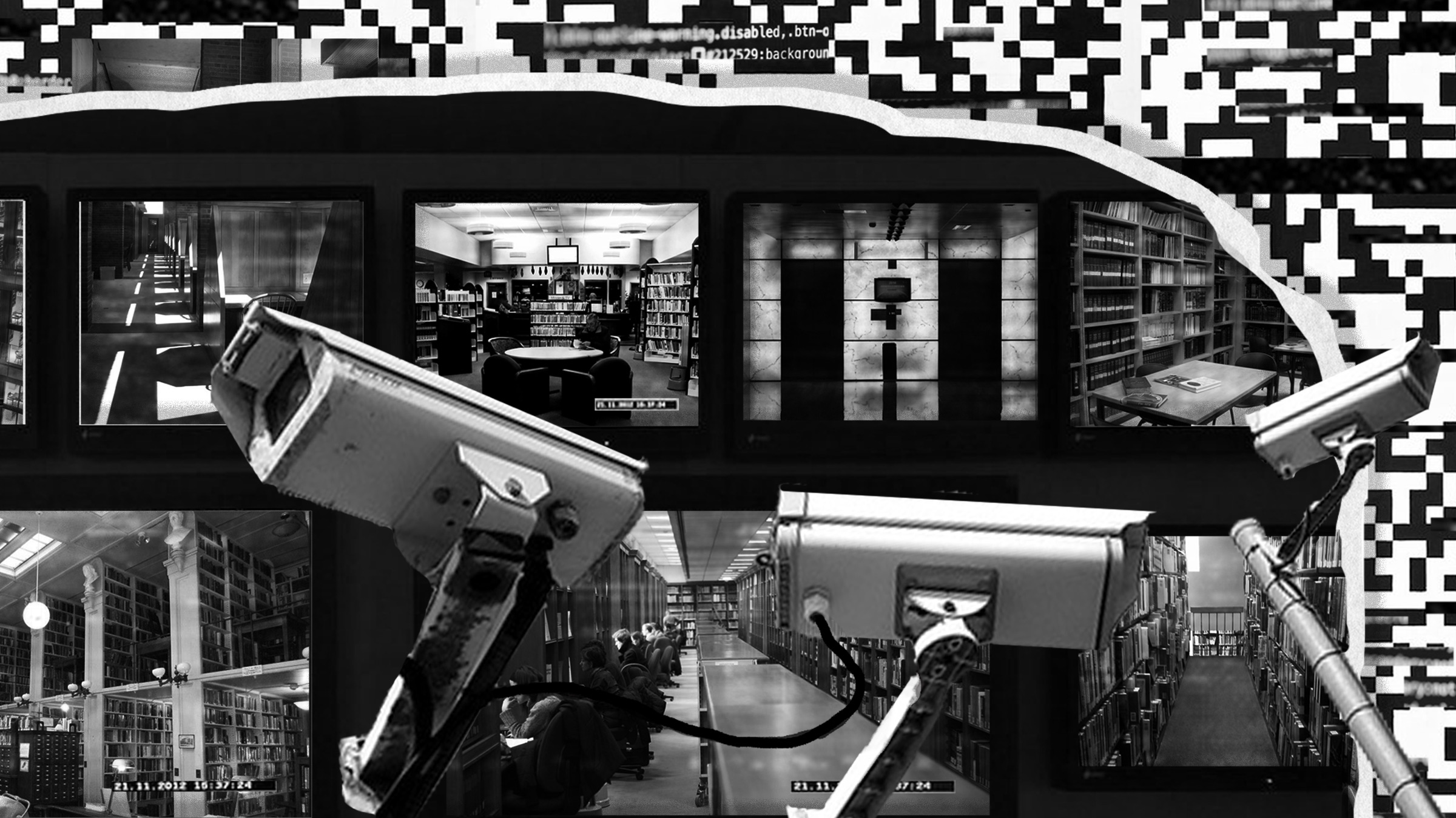When primary sources are paywalled, the public is cornered into taking secondary interpretations at face value
In public libraries, information is truly free. And private. In many ways, libraries are the forefathers of privacy, and perhaps the greatest remaining champions of it. The books you check out are exclusively your business unless you choose to post a picture of the final pages of Infinite Jest to prove you actually did read it, recommend the latest Sally Rooney to your book club for single women, or accessorize with a vintage copy of Dune as a mark that your sci-fi interests expand beyond the screen. Librarians live under the same code of confidentiality as doctors and lawyers: if you check out a self-help tape on how to jumpstart your love life, that’s between you and the guy behind the counter (who will pass it over without judgement). But in an age where information is largely digital, free public library cards are replaced by tempting academic studies with paywalls and hyperlinked research to even more paywalls.
It seems that digitally-hosted information not only often comes with a price, but also compromises privacy for those who choose to pay said price. After being exposed on Twitter by an independent researcher, Elsevier, one of the world’s largest publishers of academic papers, admitted to adding a unique fingerprint to every PDF its users downloaded. Elsevier told Vice, “The identifier in the PDF helps to prevent cybersecurity risks to our systems and to those of our customers—there is no metadata, PII [Personal Identifying Information], or personal data captured by these. Fingerprinting in PDFs allows us to identify potential sources of threats so we can inform our customers for them to act upon. This approach is commonly used across the academic publishing industry.”
Elsevier’s history of legal pursuit against those who pirate and share paywalled articles suggests that this outward commitment to the cybersecurity of their users may actually be a mask for surveillance. Perhaps instead of pursuing gross legal fees to sue those trying to equalize access to primary sources (which has led to universities boycotting Elsevier, who then loses even more money), the publisher would be better off fundraising to subsidize subscriber fees or developing a free-access program for low income users.
The information we consume now is largely filtered through media conglomerates and so-called expert commentators. When a news giant shares what might be fake news that references a paywalled source, a reader with access to the hyperlinked study is able to form their own take on it. If that access is restricted, they put their faith in the giant. I can say with fair certainty that people are more likely to fact-check their news sources if they don’t have to pay to fact-check them. Secondhand accounts can be useful in breaking down academic jargon and giving the busy reader a highlight reel, but equalizing access to information produces stronger bases for debate and dilutes the power of algorithmically powerful secondary sources.
It seems almost nonsensical that much paywalled content is produced by universities who then pay to get that paywall down for students whose tuition then goes up for such subscriptions. (Yes, this is a gross oversimplification of what is happening, but you get what I mean.) How can we keep complaining about the complete idiocy of our country when there are obvious solutions? Free community college! Free trade schools! Add financial literacy and how to navigate government resources to high school curriculums! At the very least, make information free and accessible.







